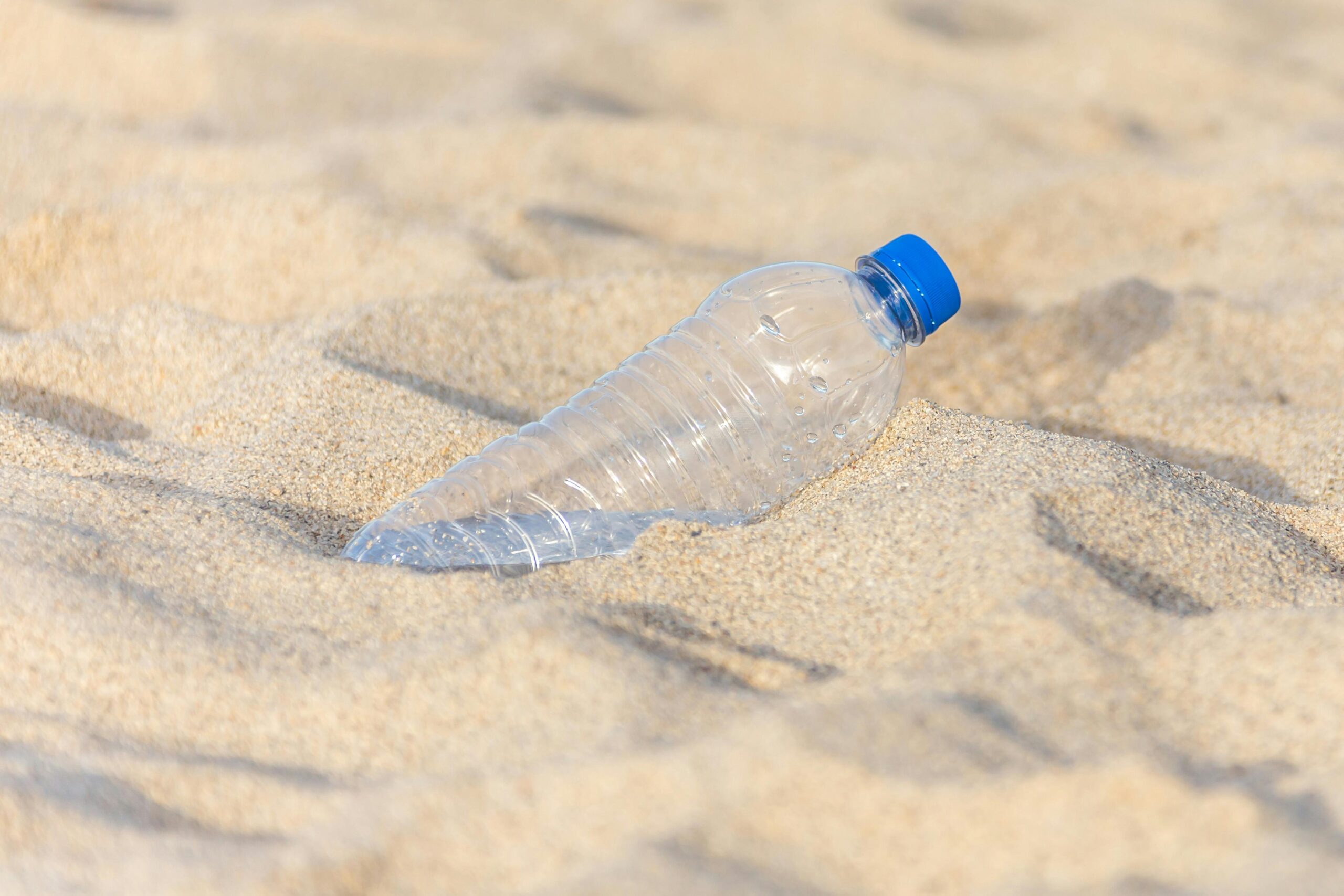
Delegates from over 170 countries have gathered in Geneva to resume negotiations on an international treaty aimed at ending plastic pollution by 2040. The treaty, originally scheduled to be finalized last year in South Korea, aims to create legally binding global measures against plastic waste.
Each year, scientists estimate that more than 350 million tonnes of plastic are discarded worldwide. Less than 10% is recycled, and over 20% ends up polluting the environment, posing risks to human health and ecosystems.
Canada’s Role and Indigenous Rights Concern
Canada has played a leading role in these negotiations, hosting the fourth round of talks in Ottawa in April 2024 and helping bring countries together for the treaty discussions. However, the process has faced setbacks.
After the failed negotiations in South Korea, the draft treaty removed references to the United Nations Declaration on the Rights of Indigenous Peoples (UNDRIP), sparking concern among advocates.
Karen Wirsig of Environmental Defence expressed shock at the removal, highlighting that stripping Indigenous rights language from a UN treaty contradicts established international commitments.
In response, Canada presented a proposal to reintroduce UNDRIP language into the treaty. Kelsey Scarfone of the Métis National Council praised Canada’s efforts, emphasizing the importance of protecting Indigenous peoples’ rights within the treaty framework.
Representatives from the Assembly of First Nations and the Inuit Circumpolar Council are actively advising Canada’s delegation during the negotiations.
Indigenous Voices Demand Recognition
Indigenous leaders stress that their rights are distinct and must not be conflated with those of stakeholders or observers.
Tori Cress, co-chair of the International Indigenous Peoples Forum on Plastics, stated, “We’re the rightsholders. And unfortunately, we continue to be confused with stakeholders and observers in the process.”
Canada’s proposal has gained support from 45 countries, including Australia, Mexico, Panama, Colombia, Guatemala, and several small-island nations.
In 2020, Canada produced over 7.1 million tonnes of plastic, with only five percent being recycled. Almost five million tonnes became waste, with less than 10% recycled.
Though plastic breaks down to microscopic levels, it never fully dissolves and can contaminate soil and water sources.
What The Author Thinks
The push to restore Indigenous rights language in the plastics treaty is vital not only for honoring international commitments but also for ensuring environmental justice. Indigenous communities often bear the brunt of pollution and environmental degradation. Their voices and rights must be central in global agreements to protect ecosystems and human health. Excluding them undermines the treaty’s legitimacy and effectiveness.
Featured image credit: Maria Kray via Pexels
For more stories like it, click the +Follow button at the top of this page to follow us.
